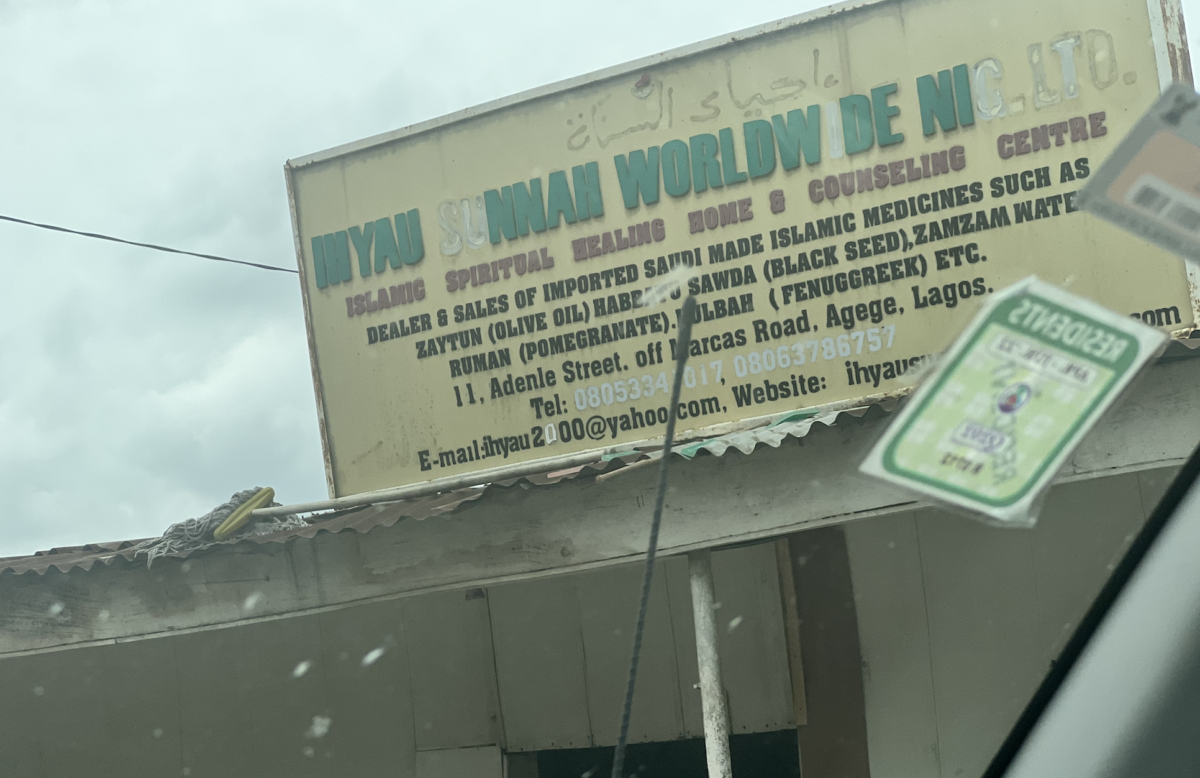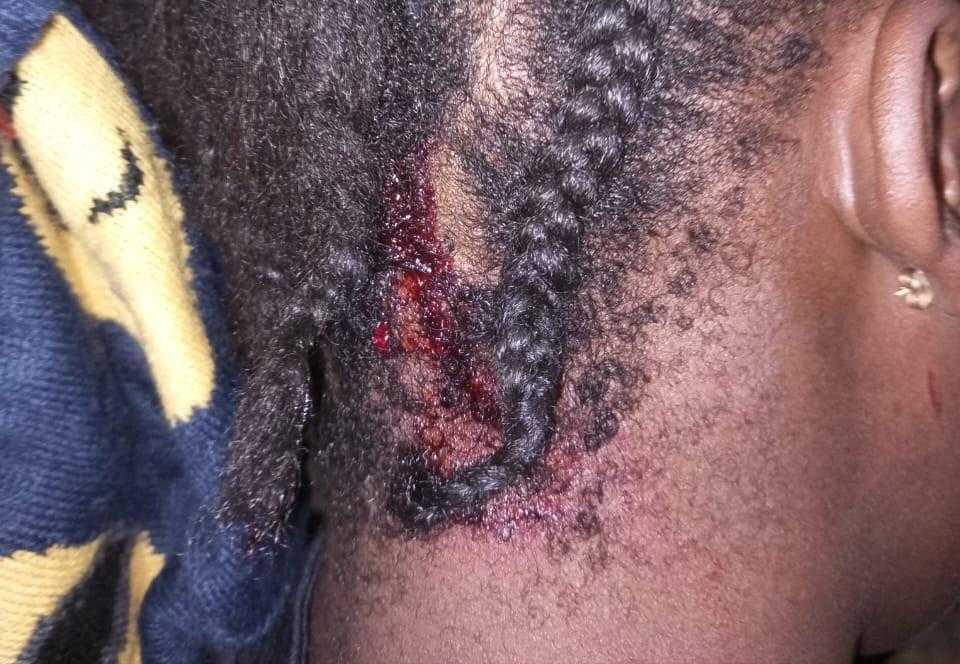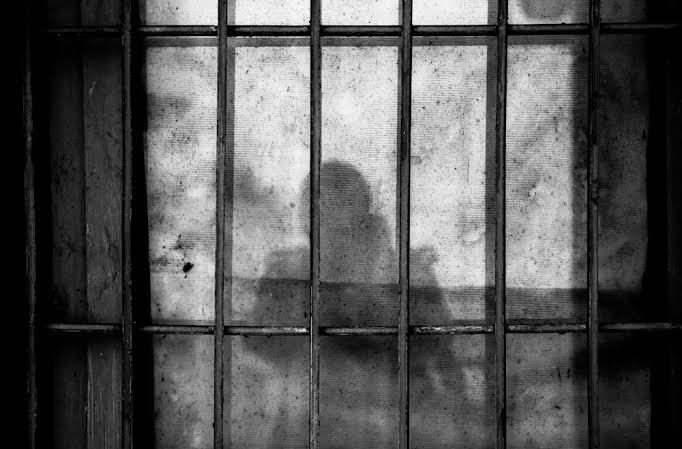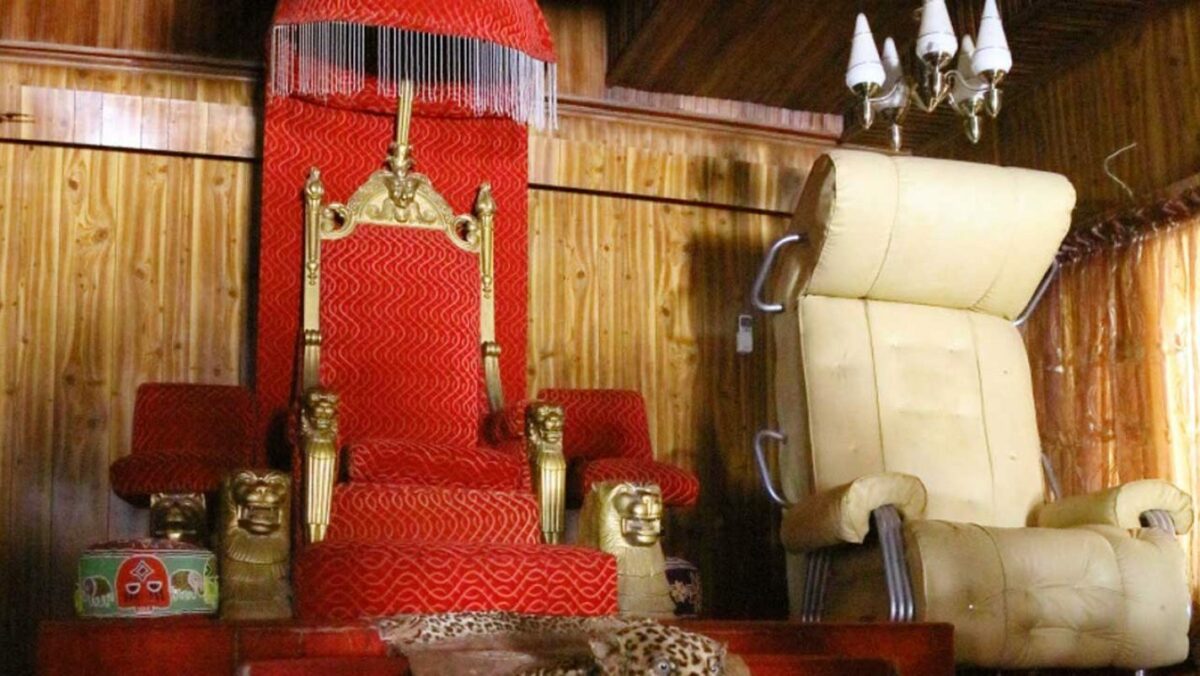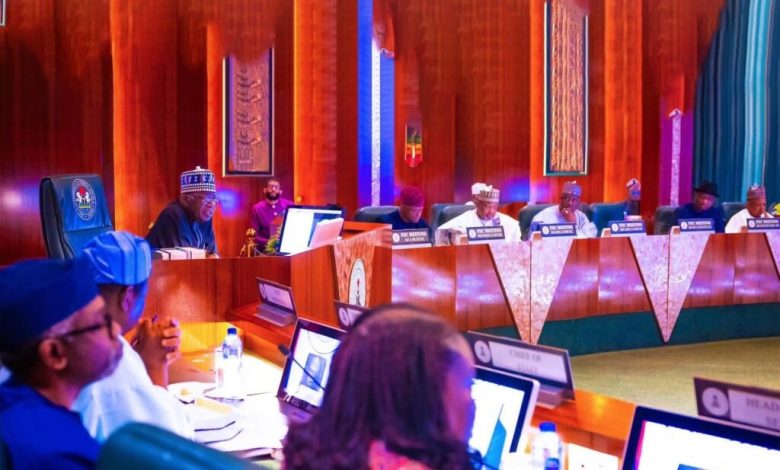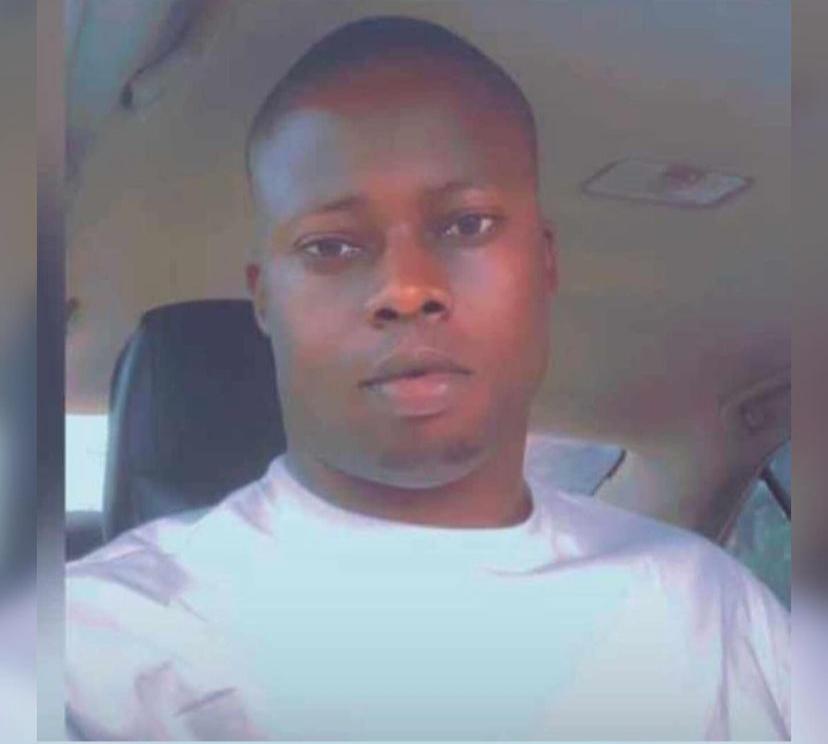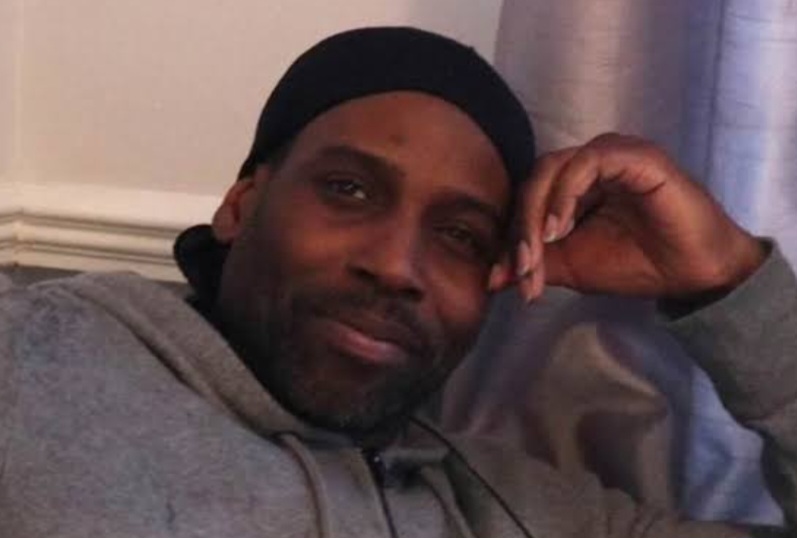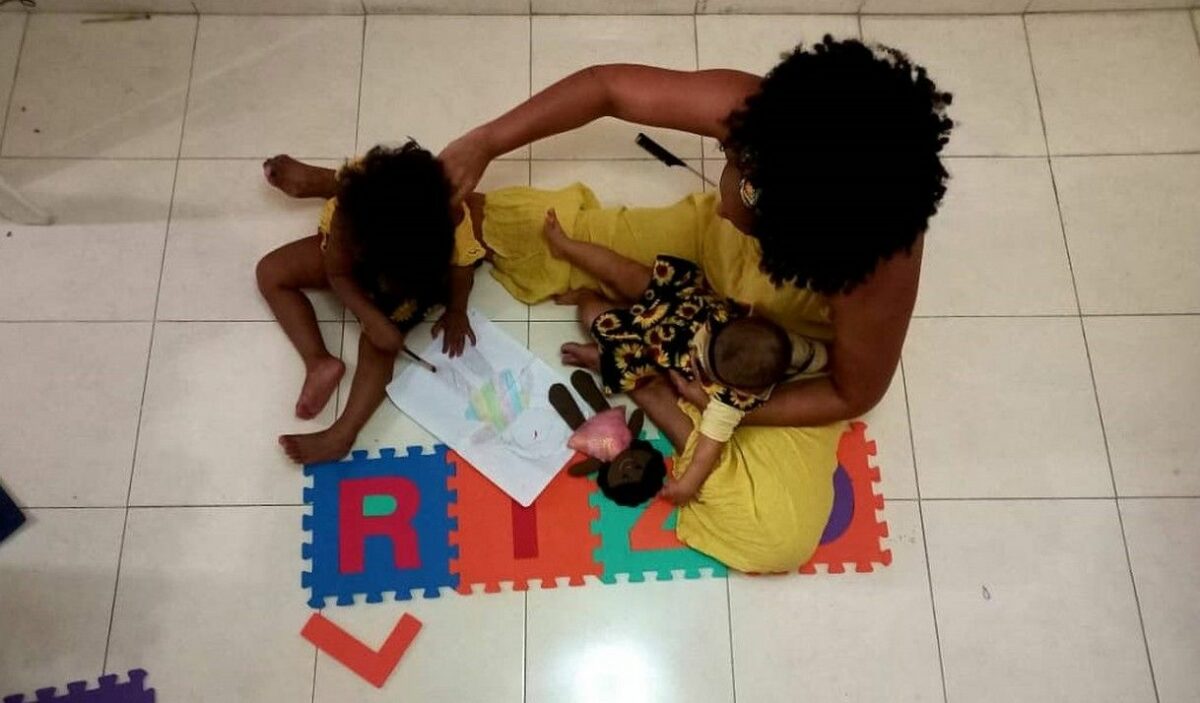After making semi-permanent alterations to his looks, investigative journalist ‘FISAYO SOYOMBO visited four churches and four mosques/Islamic centres, pretending to be gay and in need of spiritual redemption. Six out of those eight centres fed him with a litany of fake prophecies before demanding cash and material possessions from him. In the fourth of this seven-part series, to be published every other day for two weeks, he writes about Inyahu Sunnah, an Islamic healing centre where miracle seekers’ ears are being damaged — and they have to pay for it!
Listerners’ discretion: attached links contain very disturbing sounds.
When the lady — well I’m not exactly sure if she’s a lady or a woman — in full hijab asks me for my name, I finally acknowledge that the long, seemingly endless chase to find this Islamic centre is over, after all. This was happening at the third time of asking.
The journey had begun on Sunday, May 1 when my guide and I showed up at the Alausa Secretariat Mosque, hoping to meet an Imam. But he instead directed us to a certain ‘Iya Osuna’ in Agege. He had no contact person for us, no telephone number, no street name; just ‘Iya Osuna’, plus a vague description of where we might find her. The only landmark: Markaz Road.
Off we set to Agege, a suburb and local government area in Ikeja, Lagos, combing all the streets we could find around Markaz Road. For more than two hours, nobody seemed to know this ‘Iya Osuna’. After interacting with a total of 17 people and making 12 phone calls to the Ikeja cleric, we would finally locate the ‘Iya Osuna’. As we would find out, ‘Iya Osuna’ is not ‘the mother of Osuna’; it is indeed ‘Ihyahu Sunnah’, a one-stop centre for Islamic spiritual healing and counselling. It wasn’t on Markaz Road but off it, specifically 11 Adenle Street. It was locked, being a Sunday, but we would be back.
Our return, more than two weeks later, on Monday, May 16, was almost as unprofitable. We had arrived at exactly 3:17pm, to the welcome of a young, dark-complexioned man spotting a faded white native attire and a much whiter cap. He was cleansing his hands and feet, ostensibly preparing for prayers. He told us we showed up 17 minutes late; the woman who was to attend to us had closed for the day.
HU! HU! HU!
So, on Wednesday, May 18 when the lady in the wooden chamber on the right side of the entrance invites me over to get my biodata, my guide and I heave a sigh of relief. I quickly give her a name, a date of birth and a residential address, among others. ‘Iya Salimo’ (meaning Salimo’s mum), as she is later addressed by her colleagues, tells me the card costs N1,000. When I pay her, she motions me to sit on one of the white chairs by her kiosk-like office.
Not long after, I start to fear for myself. In one of the two, small wooden rooms at the far left corner of the building, I hear the long-drawn-out screams of a male voice. The words coming from his mouth seem to be Arabic, but they are punctuated by even louder, quite deafening sounds of “hu”, “huuuuuuuu” — whatever it means! The groans sounded as though someone was in severe pain. Would I be subjected to this myself?
LEAVE ME ALONEEEEEEEEE
Masking my trepidation, I ask Iya Salimo if that’s the room I’m going into, and if I’m next. She replies in the negative, saying I first have to “see a doctor”. Interesting. At some point, a woman in the ‘hu room’ — let’s call it so for now — lets out a bellow of pain. It starts as a straight scream, at first. Then it becomes quick, intermittent screams. And then a cacophony of long screams. It is clear she is having an uncomfortable time, and will escape from that room if presented the chance.
“Leave me aloneeeee,” she screams in a heavy, dreary fightback. “Leave meeeeeeeeeee.”
Still, the male voice doesn’t stop. Instead, it intensifies: “Hu”! “Hu”! “Hu”! “Go out!”
“Don’t touch me again,” the woman responds. “Don’t touch me againnnnn.” She repeats four times, until her voice fades away. But it soon picks up.
“Don’t touch me againnnnnn,” she starts to scream again. “Leave me aloneeeeee. Leave me alone! I want to go. Don’t touch me. Don’t touch me again.”
MEETING THE ‘SPIRITUAL DOCTOR’
My mind wanders away from all the noise when I’m told it’s my turn to see the spiritual doctor. A soft-spoken dark-complexioned man, likely in his late 40s to mid-50s, he asks me to explain the problem. I give him the usual line, and he asks to know how long I’ve been gay for. “Ten years,” I answer.
He picks up a pen and starts to write a list of spiritual drugs I am to buy. Just like that. He tells me they are available at the ‘chemist’ at the centre: the attendants are to give me the dosages for the materials. The doctor writes 15 lines of medication totalling N24,200, but I can’t make out the contents — save ‘Habatu Oil Royal’ and ‘Habatu Capsule’.
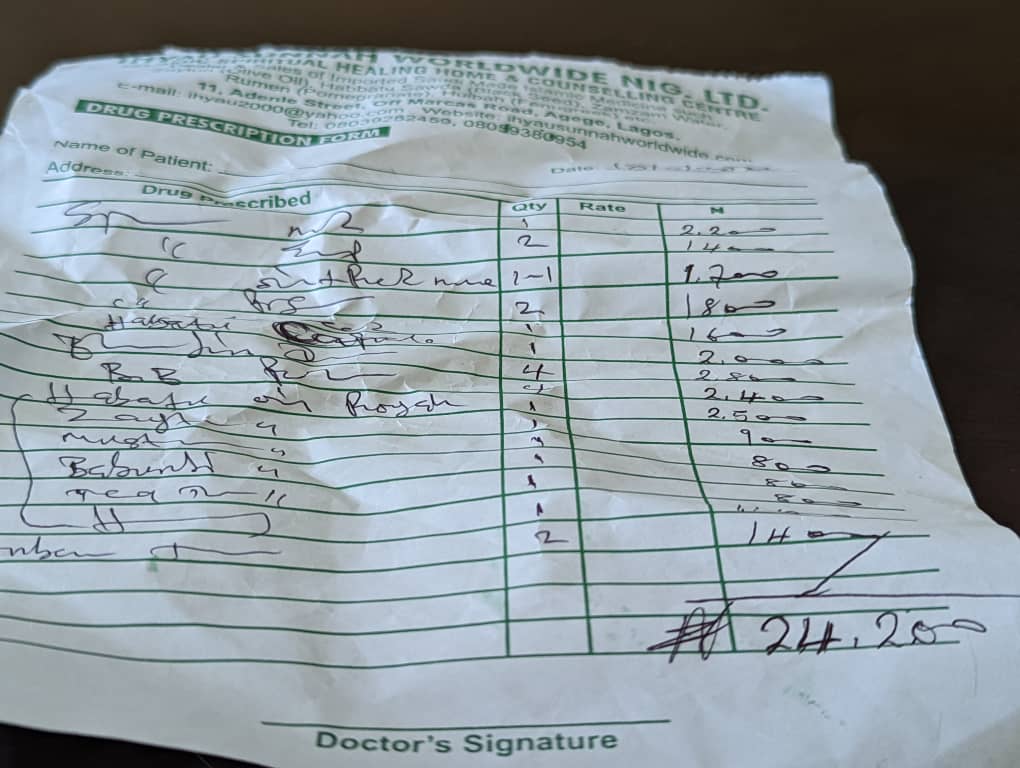
The 13 others are imperceptible, as it would have happened with a typical Nigerian doctor’s prescription note. Curiously, the doctor leaves columns for ‘name’ and ‘patient’ blank; he also fails to append his name or signature to the prescription.
‘EUROPE IS A COUNTRY’!
At the chemist, the attendant, Abdulkodir, a slender, fair-complexioned young man spotting a blue native attire and a white kaftan cap, is in the middle of an inane conversation with his colleague.
“In Europe [sic], they have held a meeting; anyone who publicly insults the Prophet (SAW) will be jailed for life,” he says. “ This is coming from the human rights in Europe [sic]. The law takes effect from tomorrow.”
I marvel at his equation of Europe to a country, but I understand the sentiment: six days earlier, Deborah Samuel, a student of Shehu Shagari College of Education, Sokoto, had been mobbed, beaten, stoned to death, and her body set ablaze, for alleged blasphemy.
“What country is that?” I deliberately interject.
“Europe,” he answers me. “The Europe country [sic]!”
I nod in agreement and hand him the money, while he proceeds to retrieve the drugs from the shelf. One by one he picks the materials, comparing with the doctor’s prescription to confirm how many samples of each should be given to me. When he finishes, he addresses me.
‘EVIL SPIRIT DRINK’ AND OTHER GAY CURE DRUGS
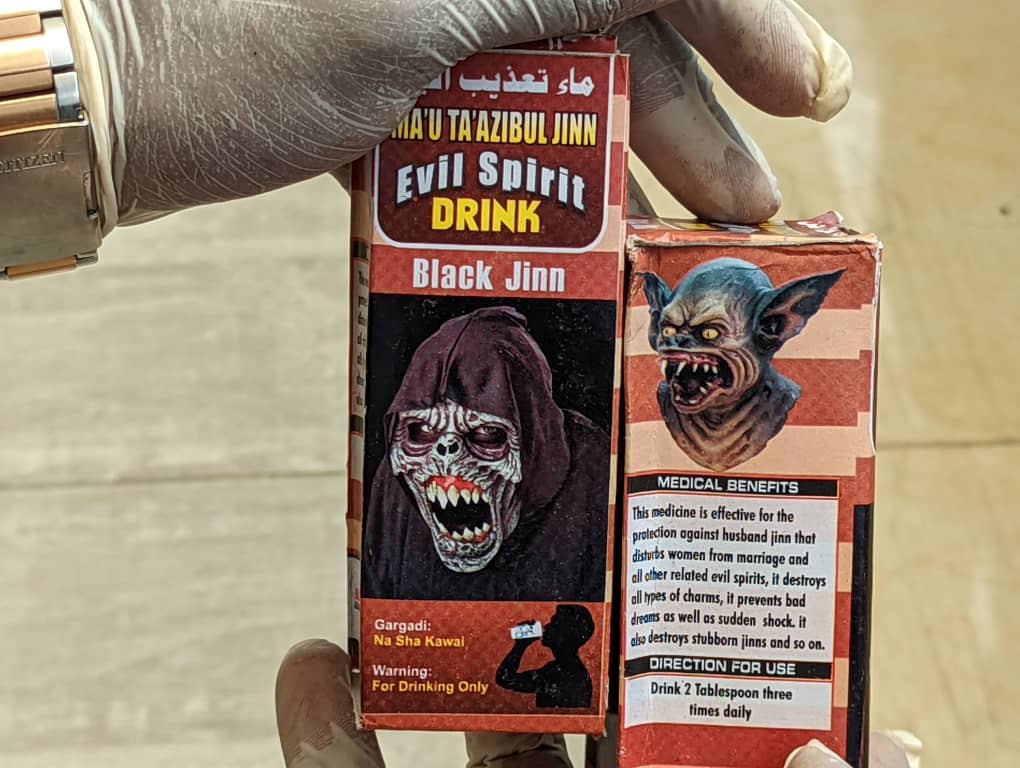
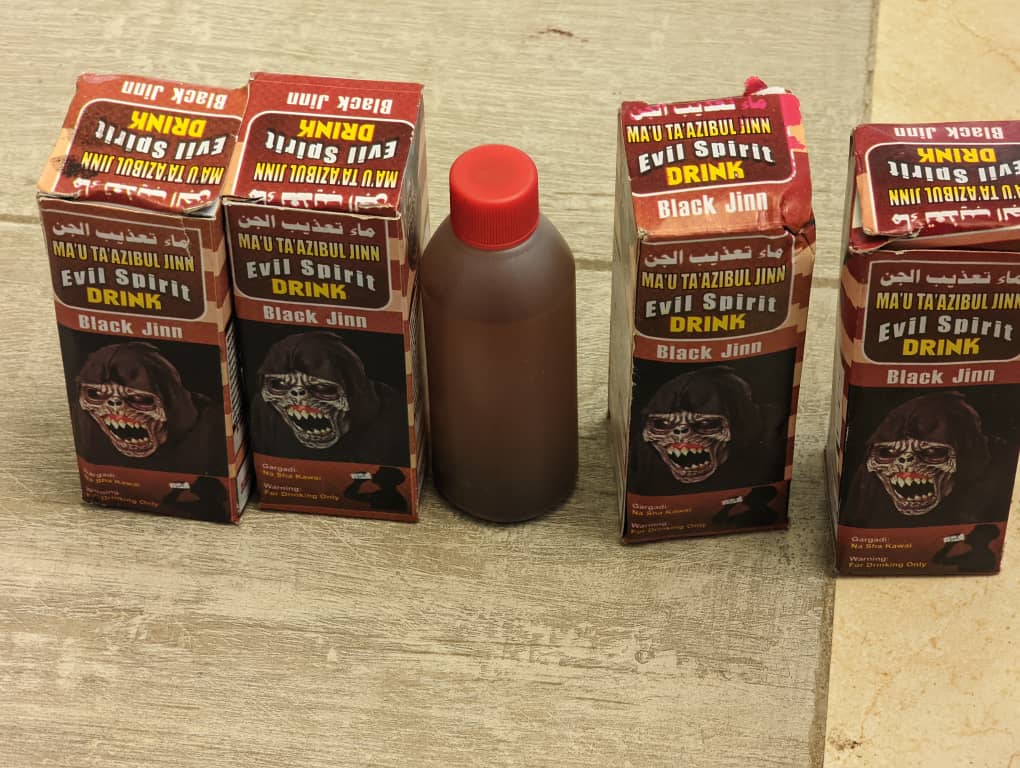
“You will get an empty bottle, pour everything into it, and shake it vigorously,” he says of the ‘Tea Tree Oil’. “Before you eat in the morning, you will take two teaspoons of it. Then in the evening, after dinner, you’ll take another two.”
He fetches another bottle, this time of the ‘Ma’u Ta’Azibul Jinn Evil Spirit Drink’, and says the dosage is the same: two teaspoons in the morning, another two at night. On the bottle is a scary photo of a monstrous creature with bulgy eyes and oversized teeth. It looks so scary that it feels like the devil itself is inside the bottle to be drunk. Am I drinking the evil spirit itself or am I gulping the drink that will expel the evil spirit?
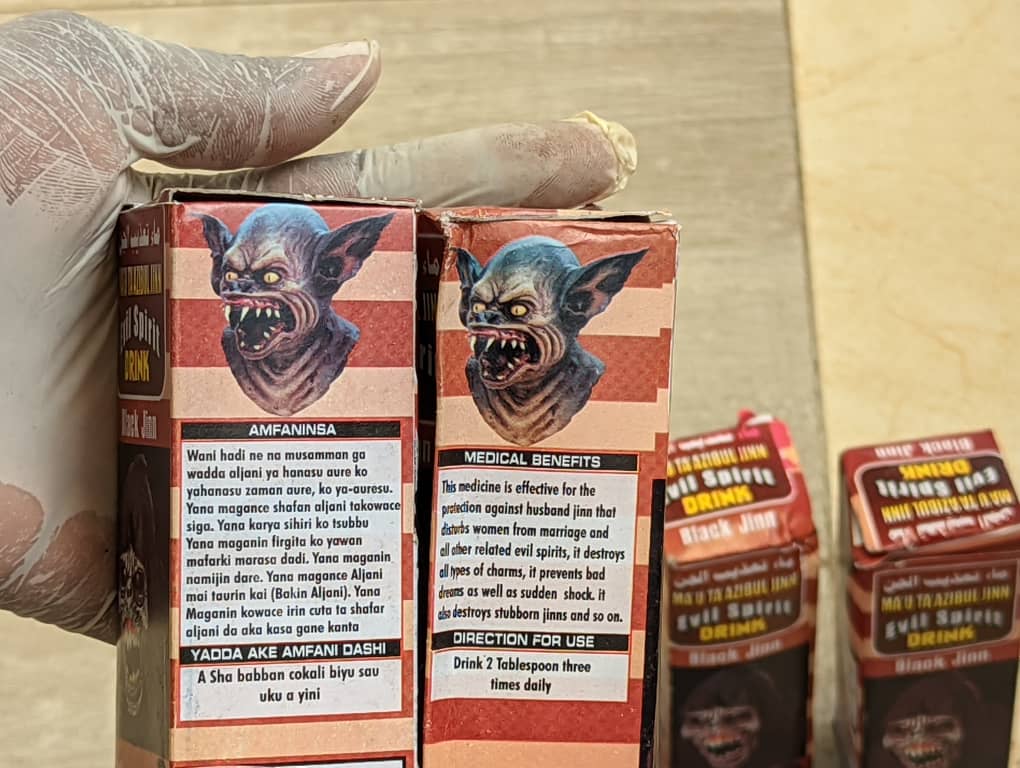
“In fact, all these four are to be taken the same way,” he adds on the evil spirit drink. “Two teaspoons in the morning, another two at night. When you’re done with one, you move to the second until you get to the fourth.”
He gives me another. “Two capsules in the morning, two capsules in the evening.”
Next, he picks four small plastics containing a brown, particulate matter. He tells me to drop a half-teaspoon of the contents into a cup of warm water and “stir it as if you want to drink tea”.
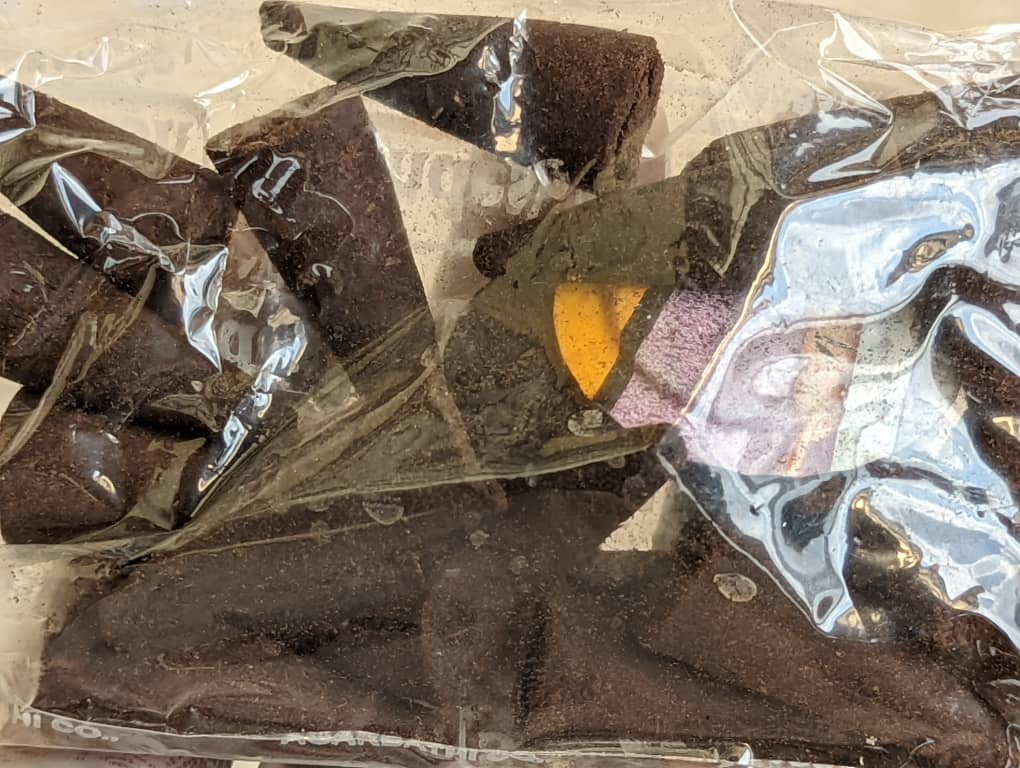
“When you’re done stirring, leave it for like two minutes. Then, after two minutes, turn it together again and gulp it. You will do this morning and night; morning means very early in the morning before you eat, say 5am or 6am.”
He moves to the soaps, saying I will, as expected, bathe with them.
As for the tiny bottle of red liquid, he tells me to dissolve it in warm water, then mix it with a bottle of ‘Spiritual Oil’. “It’s a cream,” he says. “You will rub your body with the combination whenever you bathe.”
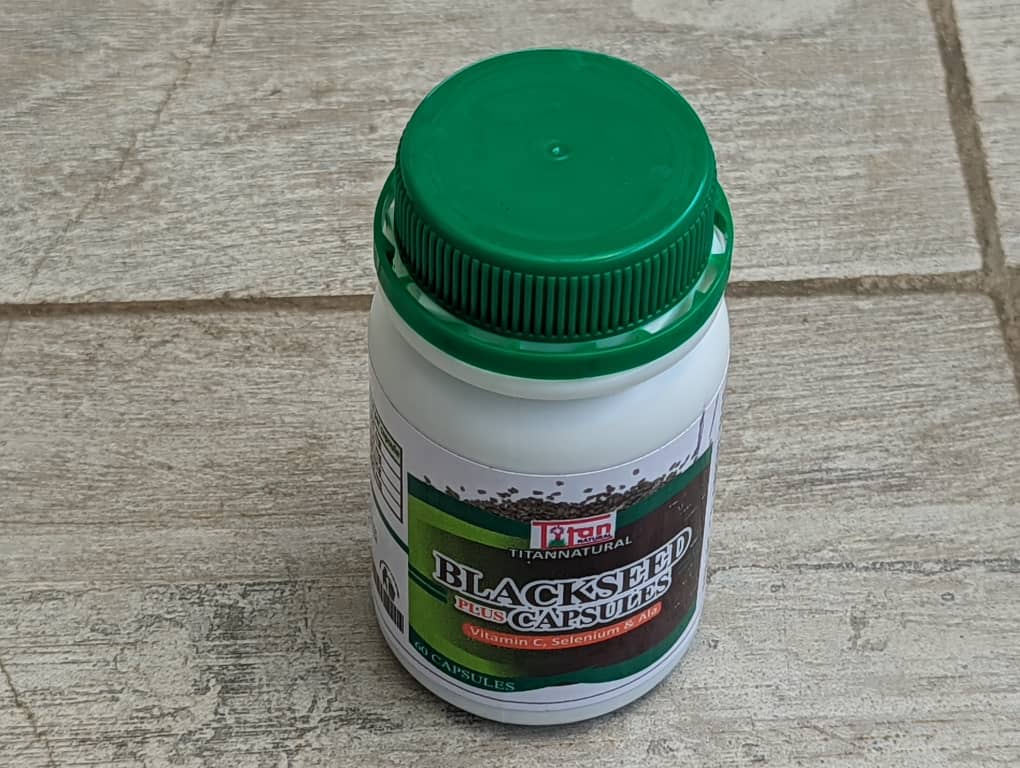
Next, he fetches a nylon containing small, brownish, cone-shaped solids bearing the inscription ‘Sandesh Agarbnathi Co’. He tells me to drop them in my room and light them up.
“The scent will fill your room once you do that,” he says. “Use as many as you like, depending on how much you like it. You may use it morning, afternoon and night, if you want. But if you don’t use it in the afternoon, it’s good to use it in the morning and in the evening.”
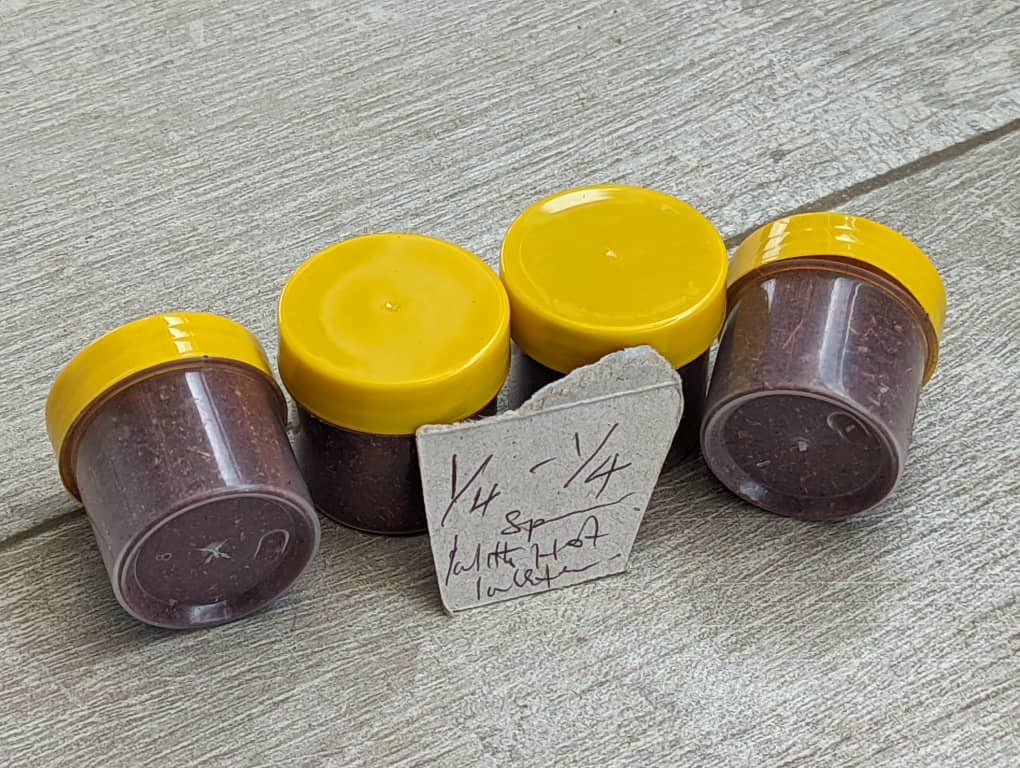
He picks a bottle of ‘Laxmi Compounded Asafoetida’, and says: “This one, you will drop two seeds in a 75cl bottle of water.
“When they dissolve, shake the bottle vigorously. When you want to drink water at any time, dilute your water with four caps of this. Whenever you want to bathe, dilute it with 10 caps.”
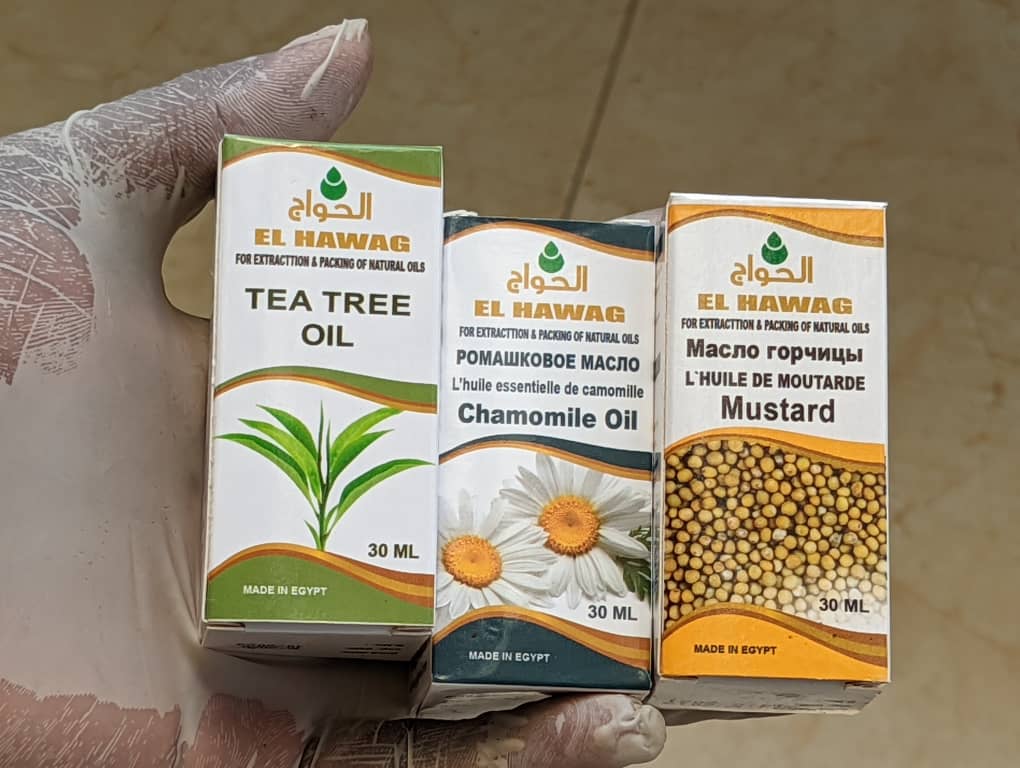
Abdulkodir tells me the capsules will eventually dissolve into the water to the extent that the seeds will become invisible.
“But don’t wait for the full dissolution before you start drinking your water,” he adds. “And when a bottle finishes, repeat the process with another bottle.”
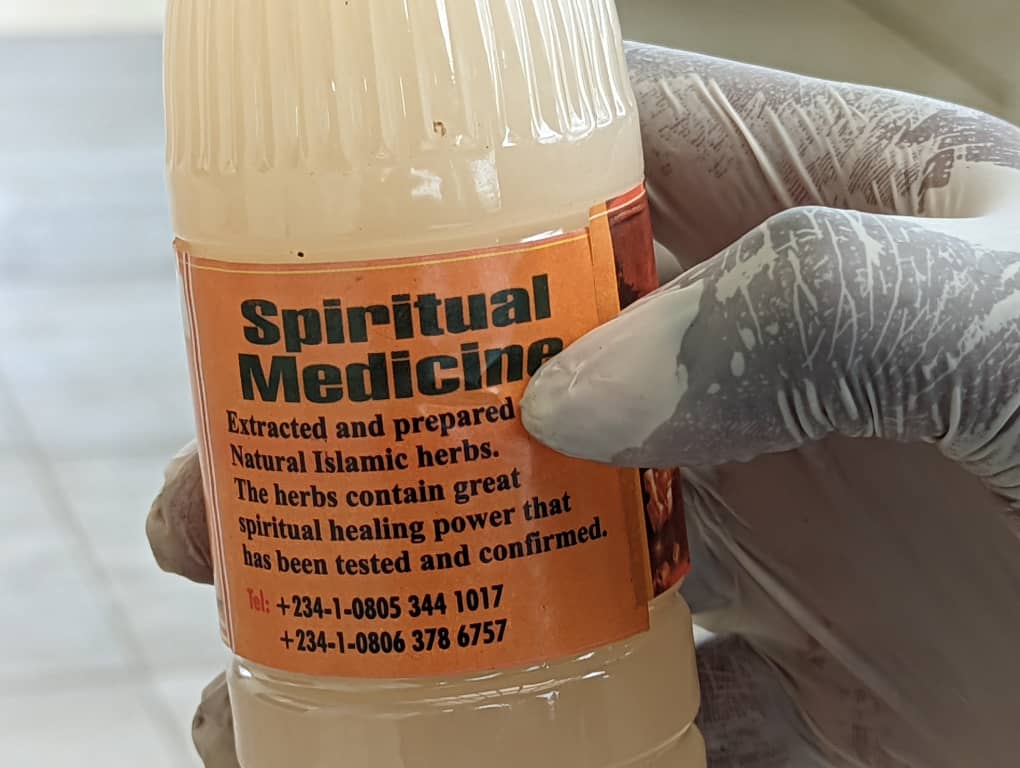
Before I leave, he asks me “you don’t have an ulcer”? Well, I don’t; but my stomach is already tumbling — from the thick, piercing, odour of all the materials stuffed in a black polythene bag and handed to me. No normal human being should be consuming these things in their pungent glory, I soliloquise.
My thoughts get interrupted as I take the first stride out of the centre. “Don’t forget your appointment date,” Abdulkodir reminds me. I retrieve Iya Salimo’s card from my pocket and have a look: May 23, 2022, a Monday.
RUQYAH DAY
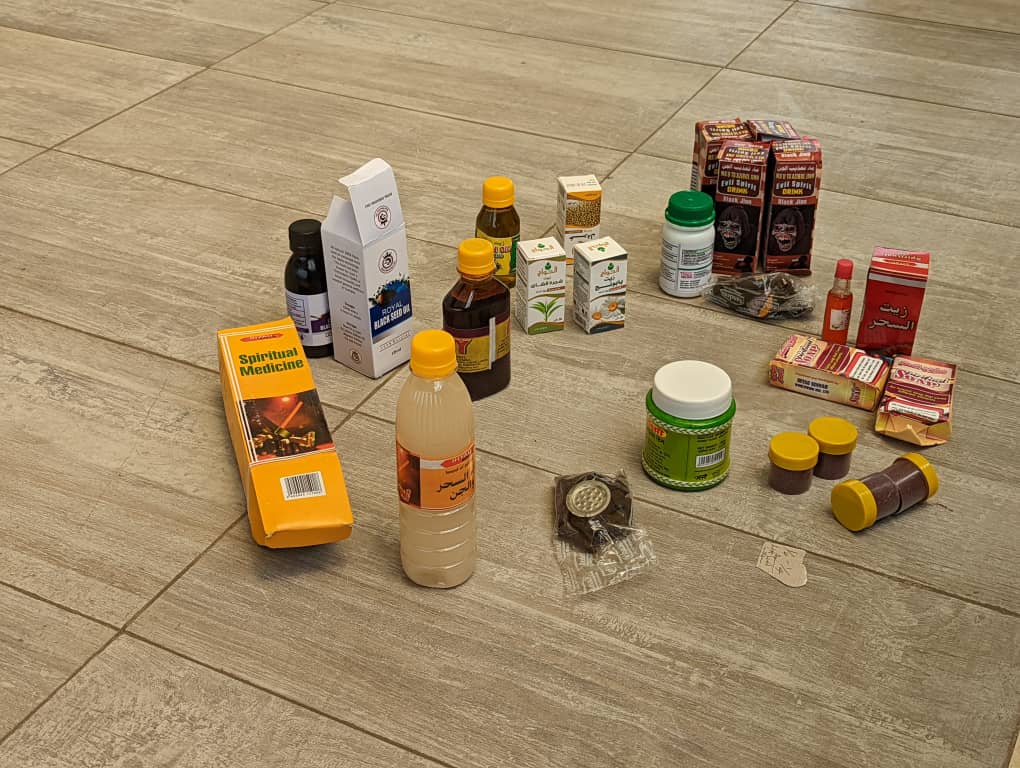
The fever-pitch quranic recitation from the second ‘Ruqyah Room’ when I return on Monday sends shivers down my spine. Like Alfa Ibadan 2.0. I look round, as though seeking reassurances from fellow help seekers in the sitting area like me who should know no better.
On the right where men are sit are six chairs, while there are eight on the left for the women. Four hijab-wearing women occupy four of the eight chairs on the left, one in brown, full hijab and a pair of glasses scribbling away somewhat furiously. A fair-complexioned woman clad in brown top and wrapper particularly stands out, even though her dark glasses make it impossible to see her eyes. I wonder if she has eye impairment.
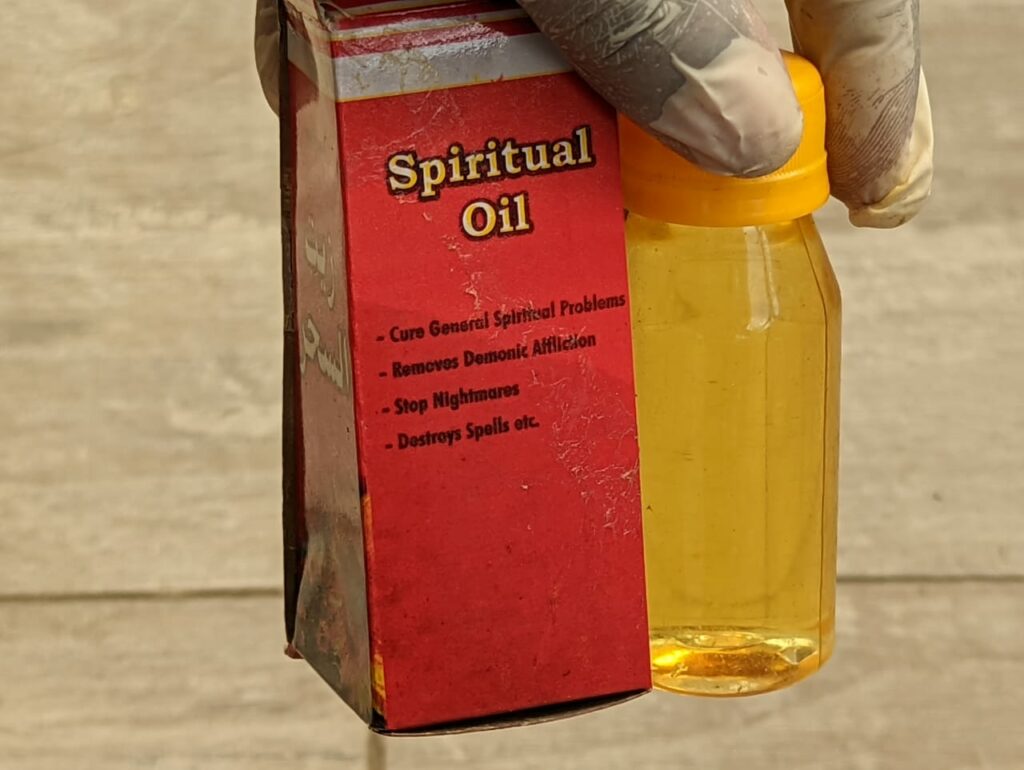
I cast a quick, furtive glance at the men and notice all of them are wearing native attires. On one’s face is a pair of glasses strapped all the way to his neck. A fairly old man, he walks with noticeable limp and a shaky gait. Two more men, including the one in glasses, wear low-grade multicolour attires. Another sports a white buba and sokoto.
The arrival of a sick, frail-looking woman puts paid to my secret survey. She sits on the chair but complains she wants to sleep. With nobody taking her pleas, she lies down on the bare floor, intermittently rolling from side to side and asking to be taken to the hospital.
‘FIRE ALL OVER MY BODY’
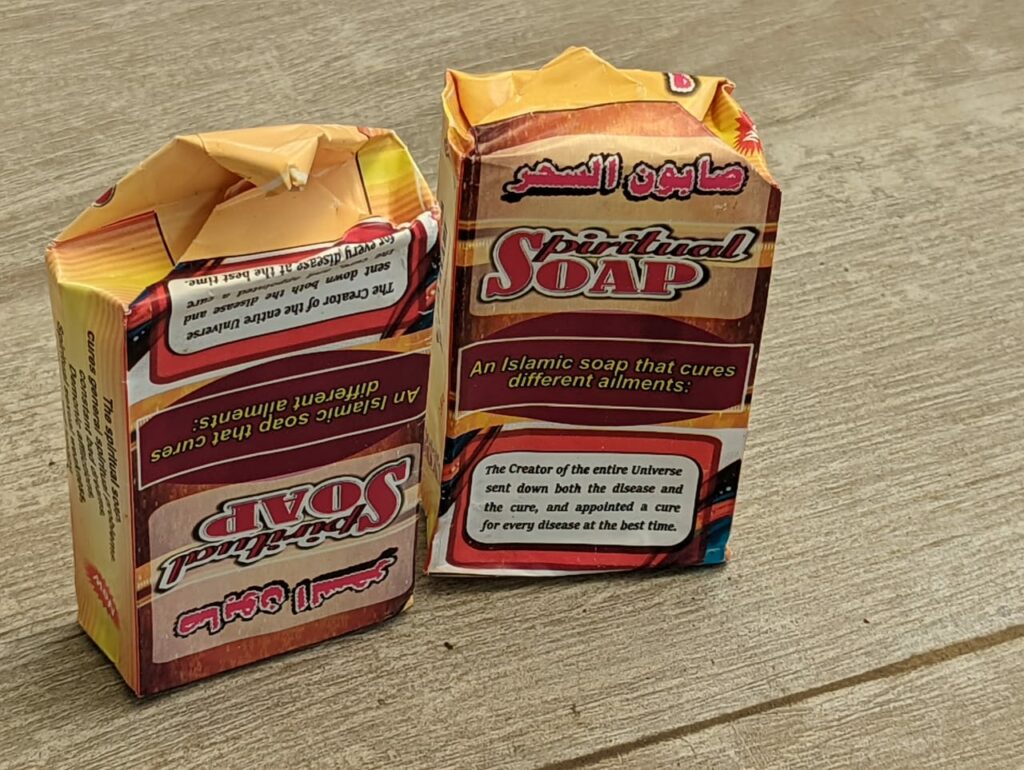
“Fire on my body, fire all over my body,” a female voice screams from the Ruqyah Room. “Please extinguish the fire; extinguish it!” It’s a horrible, scary noise.
“My head is burning. This thing is stressing me; I’m stressed. I’m stressed,” she screams another time. “My ears have burst! Don’t burst my ears. My ears have burst! My ears! My ears! Have mercy on me.”
Soon, I hear a familiar sound — of air being blown at close range and at full speed into the woman’s ears. I recognise it because I experienced it with Alfa Ibadan. “Yeeeeeeeee!” the woman screams in pain as the sound goes off. “My ears; my ears; don’t burst my ears!”
I start to fret. I had endured this before and my ears did feel it; I wasn’t prepared for this anymore. I pull one of the staff at the centre aside and ask: “Is this how the man inside that room will be screaming into my ears?”
“No,” he replies. “Well, it actually depends on what the problem with you is.”
“It had better not be,” I reply.
I tell him I’m currently seeing an otorhinolaryngologist, better known as Ear, Nose and Throat (ENT) doctor, and will not further damage my ears in exchange for this freedom from gayism on offer. He says no problem.
Inside the Ruqyah Room, Alfa Maruf asks me the usual questions about sexuality, then proceeds to recite the Quran first into my right ears, and then into my left. He does this so quietly that screams of huuu, hoi, hei, hoi, chae, coupled with painful retorts of “my ears” from the second Ruqyah Room, drown out his own voice. The harder I try to concentrate on my own prayers, the more I am unable to, empathising with the lady whose eardrums will not remain the same after the experience.
WATER IN ITS COLOURLESS FORM
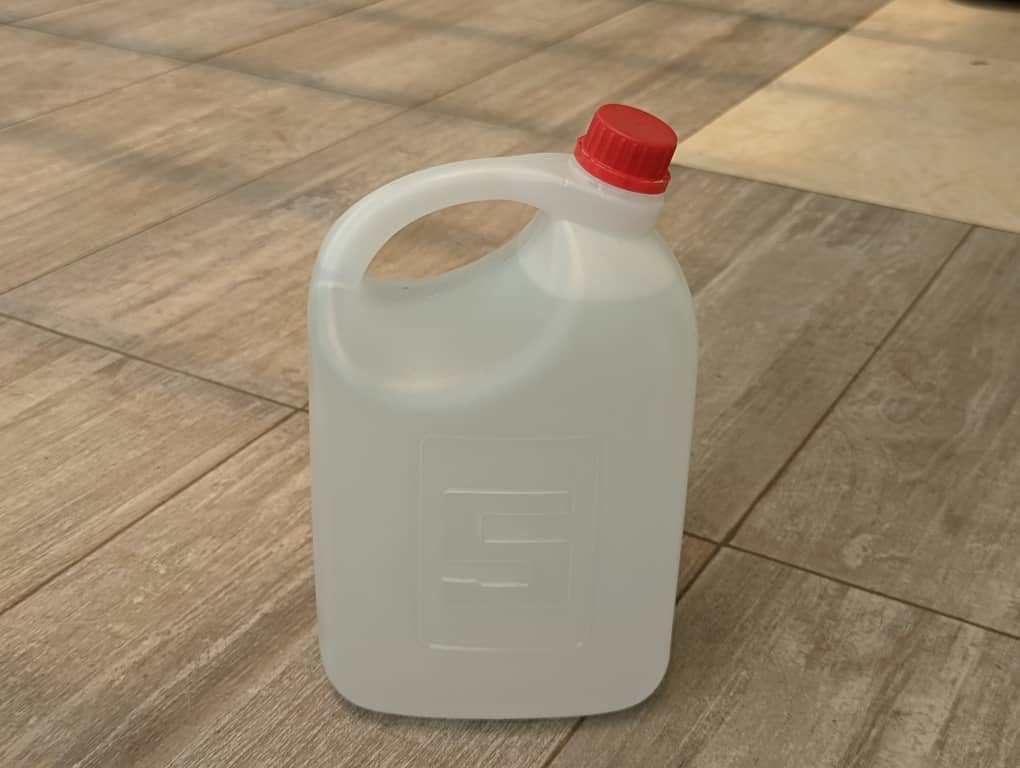
At the end of the prayers, Alfa Maruf asks to know the next appointment date the ‘doctor’ provided me. I retrieve Iya Salimo’s card and have a look: Monday, May 30, 2022.
“When next you come, I’ll do some ‘work’ for you,” he says. “I’ll provide you a 25litre keg of special water; you will bathe with it for three days. However, I’ll give you a smaller one today. This now, you’ll bathe with it at once. You’ll use it to wash your body into a big bowl, then you’ll pour it away.”
“How much will this cost me?” I wonder. His reply is reminiscent of Alfa Ibadan’s initial we-don’t-charge-here retort, even though he later demanded a totla of N280,000 from me.
“We don’t bill people money,” Alfa Maruf replies. “It is whatever you give us that we’ll accept.”
For that day, I pay him N5,000, then add an extra N1,000 for the four litre keg with which he would fetch this special water.
Alfa Maruf delivers the keg of water in record time, roughly 30minutes. The keg is white and its content colourless. When I open it and take a sip, I find it tasteless, offering no indication of specialty. My conclusion is that other than fetching that water from a tap, Alfa Maruf didn’t do anything special. My guide and I leave Inyahu Sunnah feeling scammed, knowing we would never return even if, as it eventually happened, we got multiple calls from Alfa Maruf.
This is the fourth of a seven-part series. You may read Part I here, Part II here and Part III here.
Independent, public-interest journalism has never been more vital than in times like this when truth is constantly being suppressed. With your support, it will be easier for us to continue speaking truth to power and preserving your right to know
Make a donation to FIJ today
Donate Now
Subscribe
Be the first to receive special investigative reports and features in your inbox.


